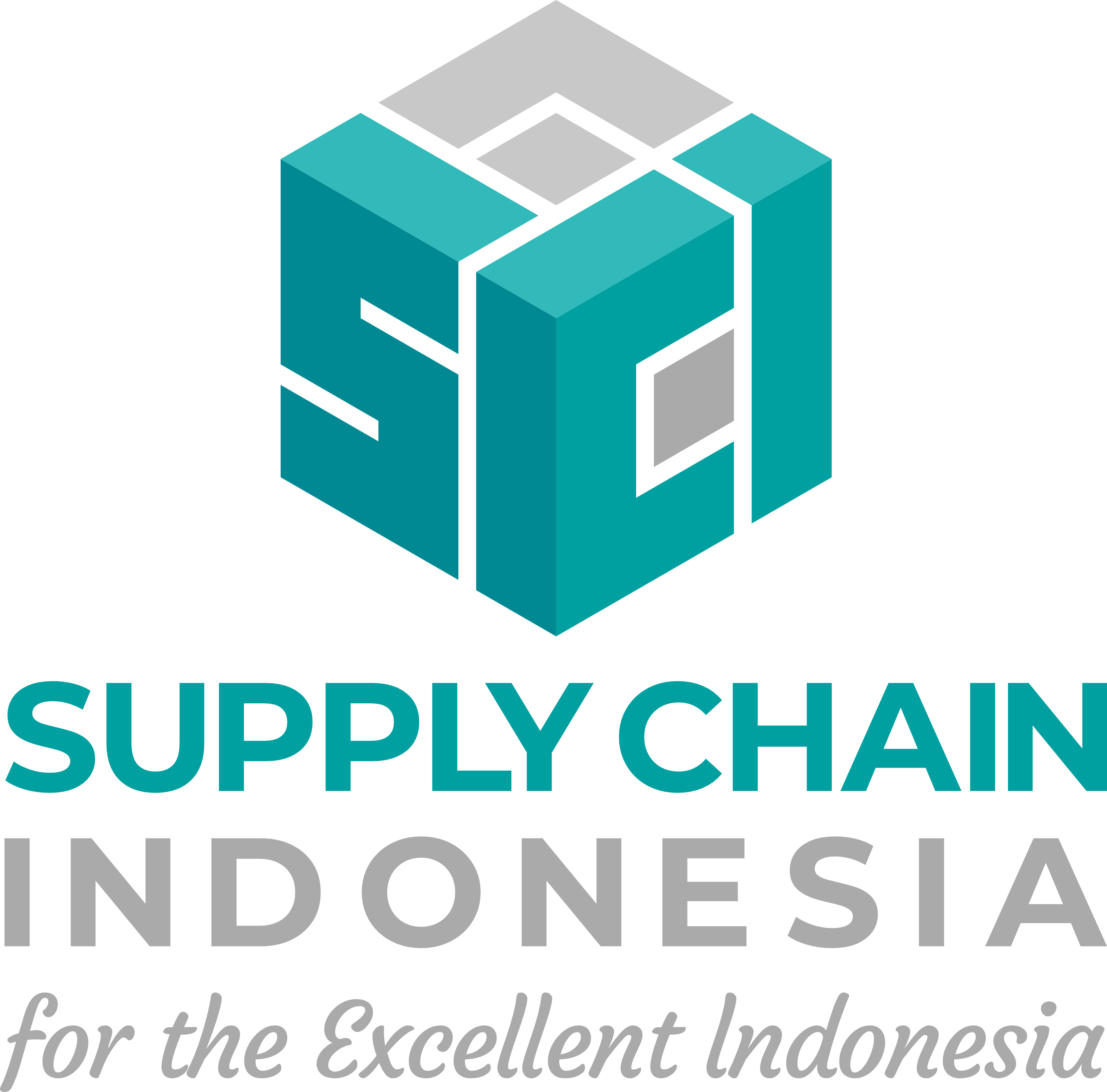
Author: Freddy Fam | Product Marketing Manager, Honeywell Sensing and Productivity Solutions, APAC
The food storage and transport sectors across Indonesia face increasing operational challenges. As demand for food products grows across Asia and around the world, food growers, manufacturers and distributors who supply perishable goods must ensure they are getting the right products to the right customers, but also that they are delivering goods in the right condition.
It is vital that cold storage and distribution operators in Indonesia understand that cold air, frost and condensation can make life a challenge for workers operating in cold environments, they also create a specific challenge for tracking goods throughout the supply chain.
We take it for granted that coats, hats and gloves are essential for workers in cold environments. But Indonesian food manufacturers, distributors and retailers need to implement mobile data-collection that can perform under freezing conditions.
Driving global food traceability
Large supermarket chains have been key global drivers in the push for greater supply chain automation in cold storage areas and higher product quality assurance over recent years. Perishable goods that must be transported and stored at chilled temperatures to ensure they meet government food standards and internal quality control measures, such as dairy products, require specialist supply chain support and technology.
For Indonesian food manufacturers and exporters the concept of tracing products through cold storage environments (whether that be in chilled store rooms, insulated containers or refrigerated trucks), is all the more important when considering some of the food safety importation laws in place around the world. For example, in 2005 it was announced that European food safety requirements for fresh product traceability would become an import criterion, meaning that local exporters needed to be able to guarantee a high level of traceability for tracking their cartons and pallets. These laws mean that all food and feed businesses must have effective systems and records to ensure that all foodstuffs can be traced throughout the food chain ‘from farm to fork’. Known as the ‘one-step-backward, one-step-forward’ approach, businesses must be able to document who all their suppliers are and who they supply to themselves. That all European Food businesses should have withdrawal/recall procedures for unsafe food, and must notify authorities immediately in the event of a food or feed safety scare, means that the proper structures and technologies need to be in place throughout the entire supply chain.
The right technology for the work environment
Standard retail tracking computers and devices don’t perform to adequate levels when confronted with cold storage situations. LCD screens can freeze up, barcode readers will not function if frost or condensation covers their optical ports and mobile computing batteries won’t release energy when temperatures drop below certain levels. These challenges contribute to situations whereby workers may resort to manual data entry, which severely reduces productivity and increases error rates – just to ensure that product tracking is occurring at all.
Operating in cold storage environments requires the ability to adjust to specific environmental conditions to ensure continued product traceability. To ensure automated supply chain systems and mobile computers function satisfactorily in these harsh operating environments it is necessary to use equipment that is adapted with special housing along with internal screen heaters, which sets them apart from traditional mobile computing equipment. Supply chain workers operating in cold storage environments that try to use traditional mobile computing devices for tracking and tracing goods risk equipment failure, which can result in lost productivity as well as unnecessary repair and replacement costs.
Fortunately, specialist technology being developed by leading supply chain technology providers such as Honeywell Sensing and Productivity Solutions can now deliver Indonesian food producers and retailers with supply chain tracking and tracing solutions that perform even in freezing temperatures. For instance, Honeywell’s TectonCS mobile computer can operate in temperatures as low as -30°C and offers internal heaters and screen defrosters allowing workers to carry out product tracking tasks regardless of temperature.
With freezer-capable mobile devices, Indonesian food producers, transporters and retailers can automatically record the storage locations of all frozen inventory and products so they can be tracked by lot, supplier and best-if-used-by dates, and traced to specific customer shipments or inventory locations. Cold-storage capable mobile computers can also help reduce costs and improve efficiency for businesses operating in the Asian food industry, especially in a product recall situation. If workers operate with paper production sheets product tracing might take days, whereas with the use of automated traceability solutions it could just take minutes.
For specialty food producers, such as livestock farmers, an alternate traceability method often used is RFID cold storage tracking tags, which best position them to demonstrate the quality of their products to global markets. RFID technology is being deployed in the livestock sector because consumers in European and Asian markets increasingly require traceability protocols. Access to these markets will depend upon demonstrated individual animal traceability. Asian countries (Japan, Korea and Hong Kong) also ask for animal source and age verification. For many importing countries, the “place of dispatch” does not necessarily imply the source or the origin of the animal, it would not be enough in terms of traceability and it may not be accepted as adequate origin documentation in future. [i]
Ensuring a place in the global food industry
In cold storage settings, supply chain tracking tasks that might be very easy outside of these harsh conditions, become all the more difficult. What can seem like minor problems – such as ensuring mobile devices have the required battery capacity to continue to do a particular job – can become onerous as the colder temperatures can sap batteries and delay productivity. Also, devices which aren’t properly equipped for usage in cold storage environments are at risk of failure due to condensation build up within the device itself. Deploying devices that aren’t suited to cold storage environments will inevitably increase operating costs by reducing productivity, increasing errors and threatening on-time performance.
For food producers, transporters and suppliers across Indonesia who are looking to operate in a global food industry, it is particularly important that they optimise their traceability performance to ensure they are able to keep up with the growing level of competition and regulations in the industry.
References:
[1] http://www.icar.org/Documents/Santiago%202011/Papers/Pavon.pdf
Download Artikel ini:
 Coming in from the cold: the importance of food traceability in cold storage environments across Indonesia (513.7 KiB, 384 hits)
Coming in from the cold: the importance of food traceability in cold storage environments across Indonesia (513.7 KiB, 384 hits)


